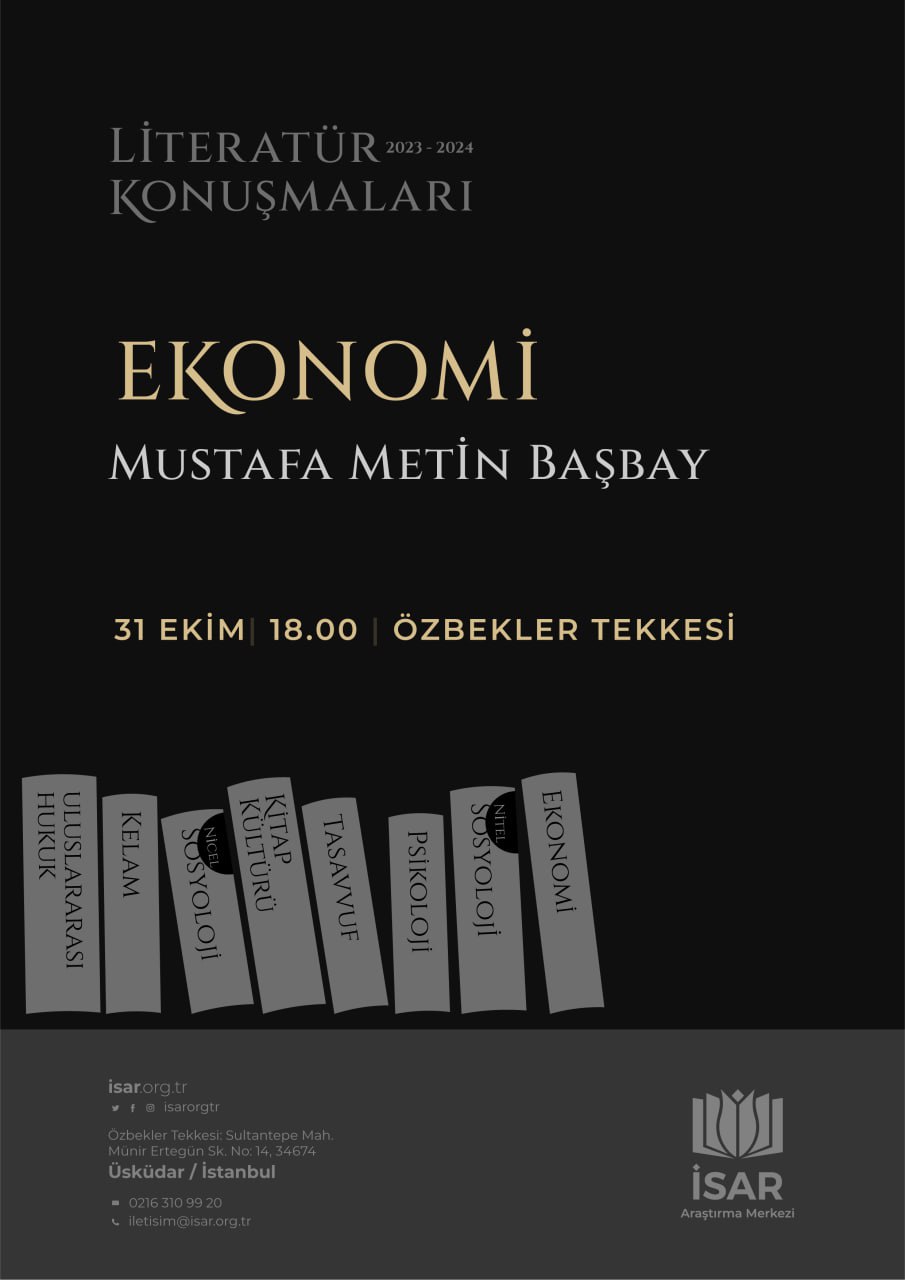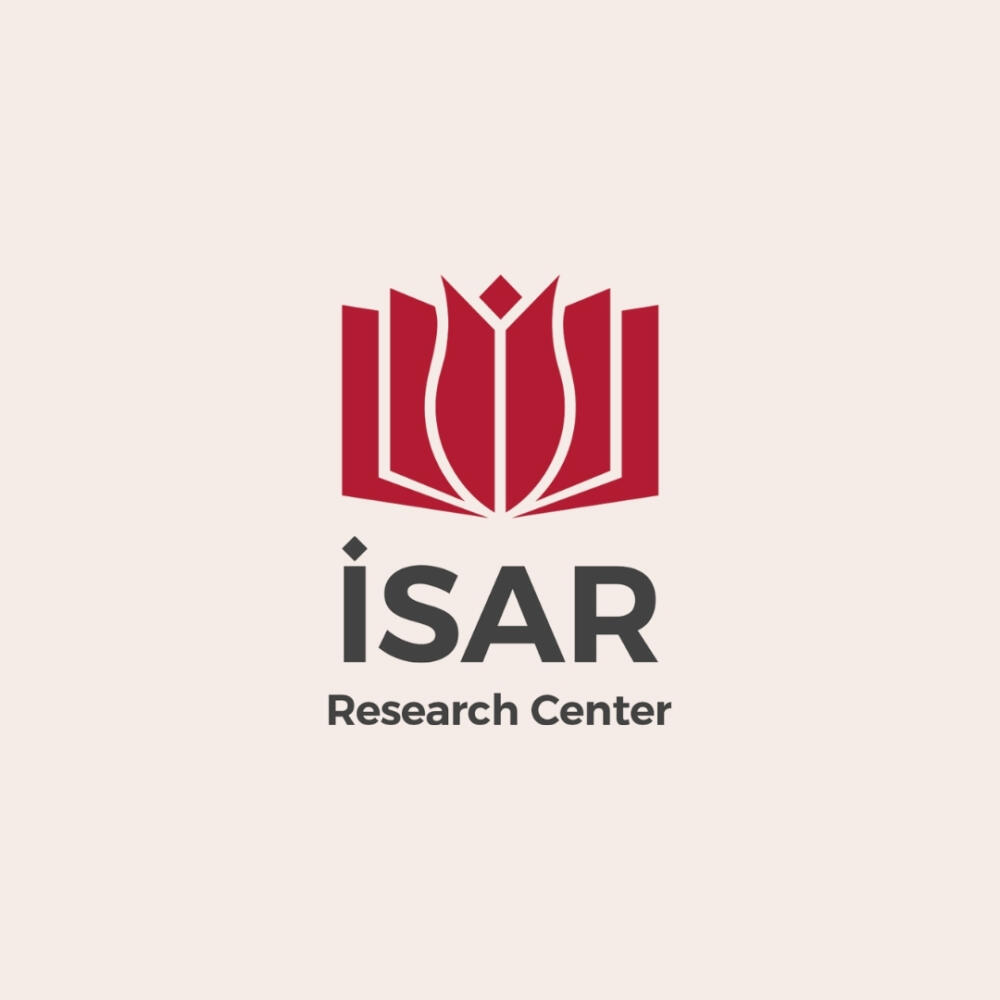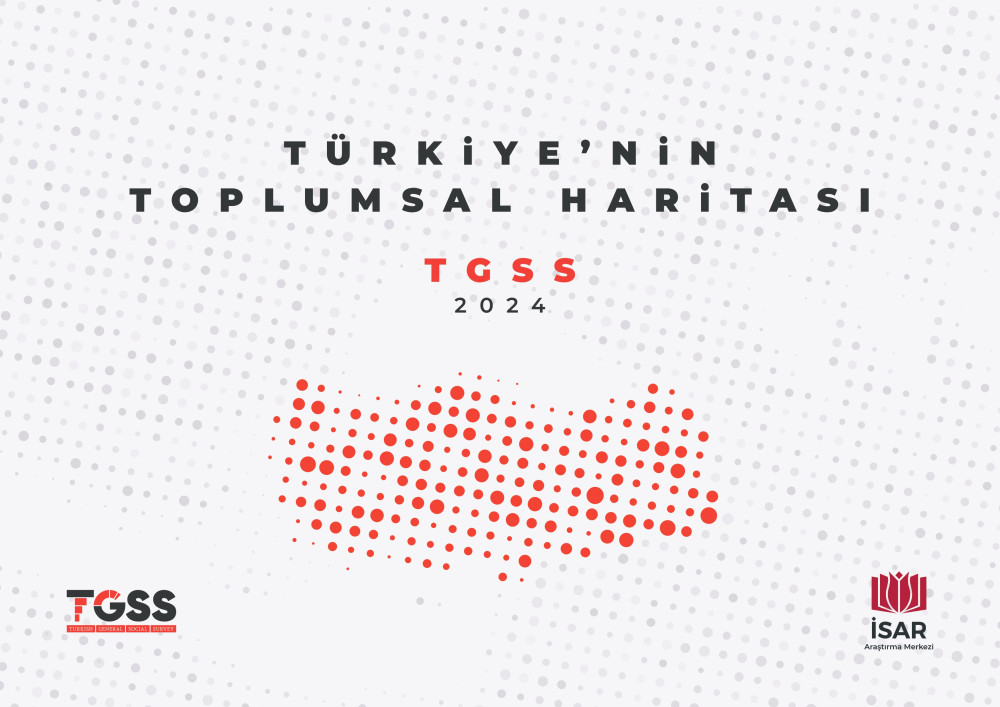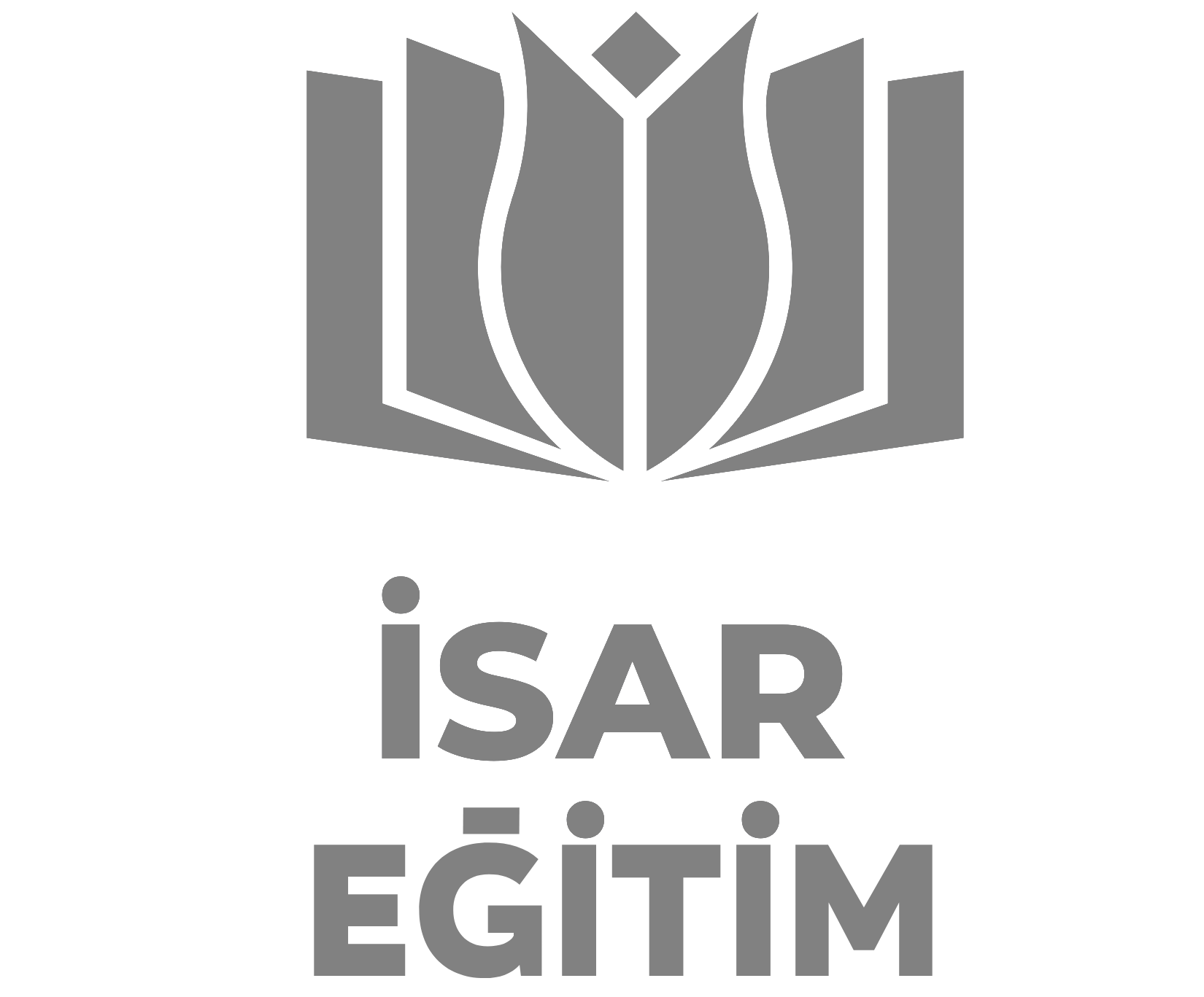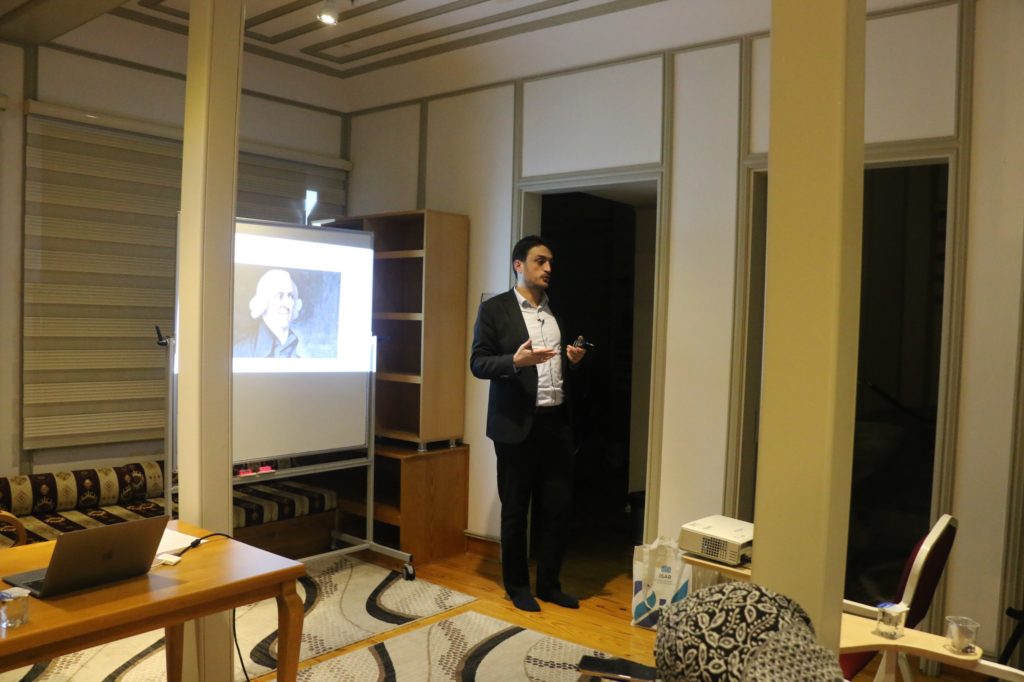
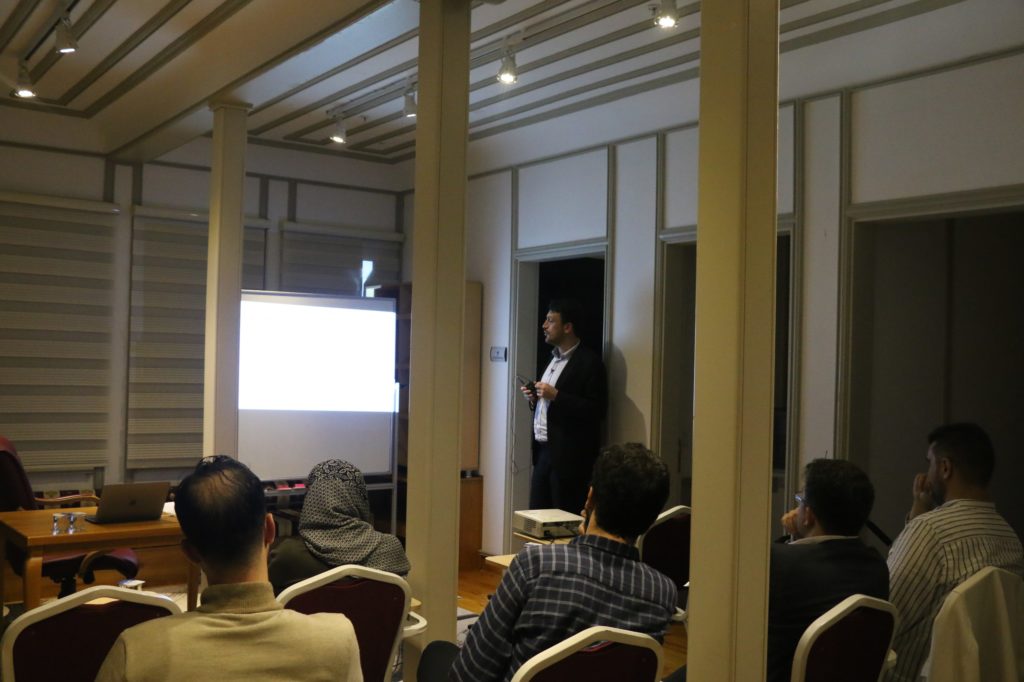
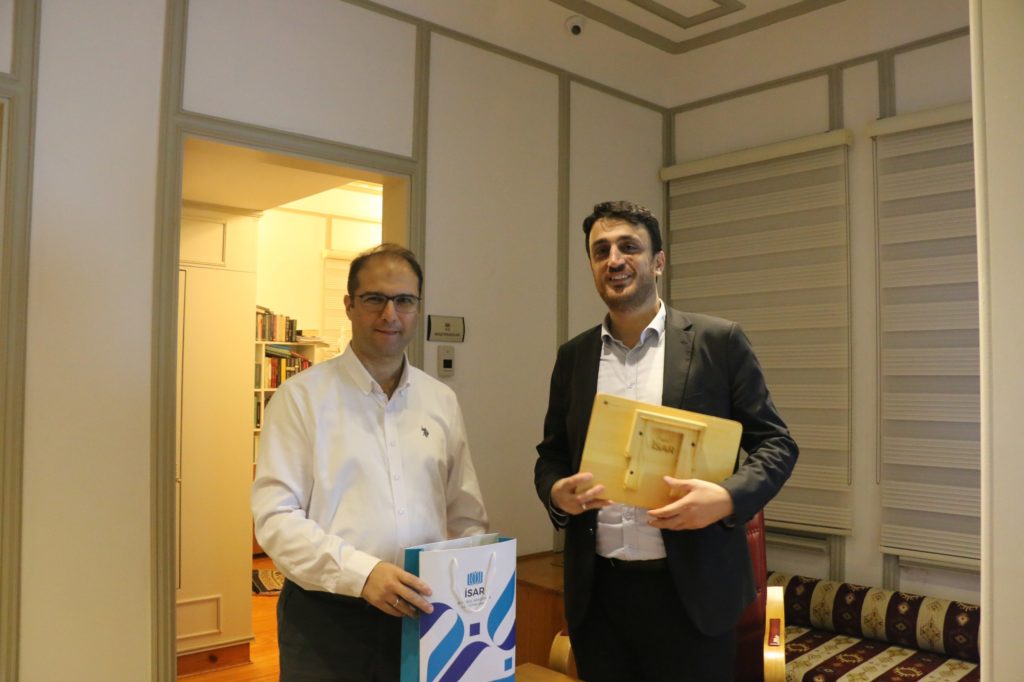
İSAR Research Center hosted Dr. Mustafa Metin Başbay from the Department of Economics at Boğaziçi University as a speaker in the first session of the newly launched Literature Talks series. In his speech, Dr. Başbay discussed the debate on state intervention in the market, which is a fundamental issue in the field of economics, through examples. After explaining the arguments put forward by liberalism and Marxism, which take opposite positions in this debate, Dr. Başbay emphasized that each economic problem has its own nature and that it is impossible to solve them all with one method, as manifested in these two currents of thought. He pointed out that each problem should be addressed on its own and tried to be solved with a method appropriate to its own characteristics.
At the beginning of the speech, Başbay highlighted some examples of state intervention that we consider necessary and even natural today, underlining how much the issue is actually in our lives. For example, he reminded us that decisions such as the abolition of slavery or the limitation of working hours, which form the foundations of today's working life, are actually very new when we look at the history of the world and that these practices could only be established in societies with the intervention of the state itself. He then emphasized that phenomena such as taxes, subsidies, public expenditures and the welfare state are now central to economic debates.
After the examples, Dr. Başbay said that the parties in the debate on state intervention can be placed on a spectrum, with liberalism at one end of the spectrum and Marxism at the other. He explained that liberalism takes the freedom of the individual as its basis and considers any intervention by the state in the market as a violation of this freedom. He stated that the ideal economy of this school of thought is a model in which the state has no involvement and individuals contribute to the invisible hand that harmonizes the market and society by making the best decision for themselves. Dr. Başbay also pointed out that this model, which was first presented by Adam Smith as a counter-thesis to the mercantilist economic model, actually benefited significantly from the idea of "self-regulation", which is also central to Newton's conception of the universe.
Elaborating on the claims of Marxism, which is at the opposite pole of liberalism, Dr. Başbay stated that this movement takes the concept of inequality as its basis. He mentioned that the founder of the movement, Karl Marx, who is also the father of the movement, said that in the free market model, the capitalist class makes profit by exploiting the labor of the working class and that this creates an unprecedented inequality. Marx nevertheless thought that this inequality was unsustainable and would eventually be overthrown by a workers' revolution, followed by the establishment of a planned economy in which all important decisions were taken centrally. He said that this planned economy, in which (everything is taken) from everyone according to their abilities and (distributed) to everyone according to their needs, would completely eliminate the problem of inequality.
In the last part of the speech, Dr. Başbay argued that there is an intellectual laziness at the heart of this debate. He pointed out that problems in the field of economics have unique characteristics and that these differences in problems require different solutions. For this reason, he emphasized that trying to solve all problems with a single solution, as liberalism or Marxism tries to do, is not compatible with the real world and is doomed to fail. He stated that finding the most appropriate method for the question and using it would yield healthier results.

